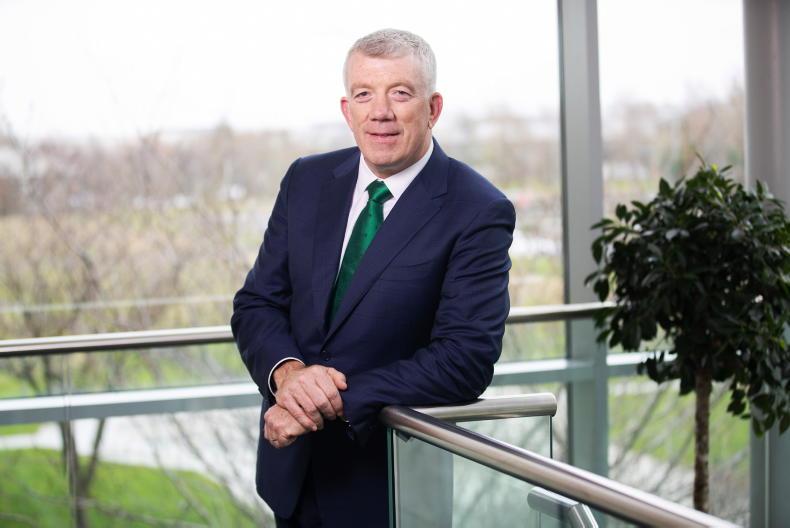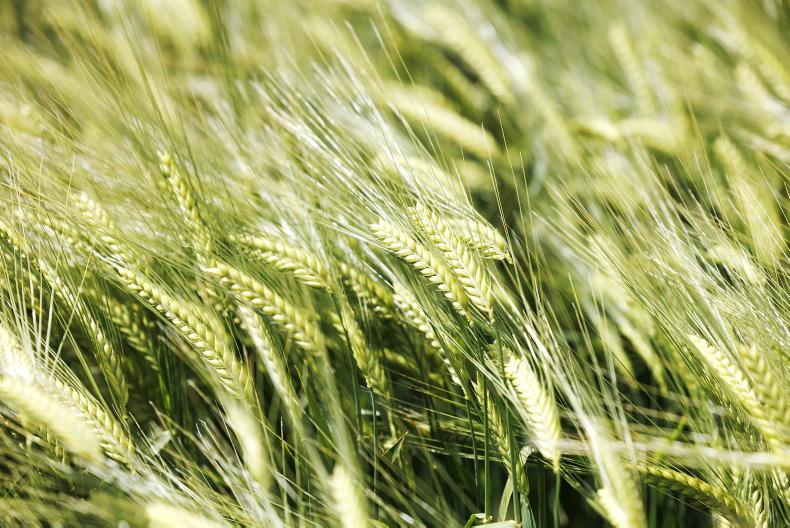I don’t think I have ever seen the ditches as dry at this time of year. While we have had lots of drizzle, we have had no heavy soaking rain, and so cattle still out grazing are leaving hardly any footprints with poaching damage close to nil. There is regrowth on recently grazed paddocks, but that new grass will be left until spring.
So far, we have consumed very little silage. I will be interested to see how the various cuts analyse for feeding value as we juggle with the cost of cereals versus the mediocre conversion efficiency of our dairy steers. I have been surprised at the number of phone calls and emails I have received on this issue. Many thanks to those who went to the trouble of contacting me. The overwhelming reaction was the need for as much genetic information as possible to be available to the purchaser of the calves and yearlings from the dairy herds.
The variation in performance is so large that the details of the bull as well as the dam should be made available, either on the board at the mart or on the land if a farm-to-farm sale is being made.
This would seem to be a logical development and would benefit all concerned. ICBF has excellent data analytical systems and their use should be encouraged to the maximum.
Meanwhile, I am reading the latest proposals for Glanbia Co-op to buy 40% of the business that it doesn’t already own from the quoted plc.
It is difficult to be against the concept of farmers taking full control of a business that is so important to so many of us farming in the midlands and east of the country. Ireland has developed a unique model of some co-ops floating off a section of the business onto the public stock exchange. But the route followed by Kerry and its takeover of Golden Vale has been dramatically different from the merged entities of Avonmore and Waterford that have formed Glanbia.
As a farmer, I must admit I dislike seeing farmer influence being reduced to below 25% in the quoted Glanbia business. Under the structure put in place by John Moloney and Liam Herlihy, the farmer controlled co-op has well over 30% of the internationally focused plc. I and the co-op have a real interest in seeing the plc prosper and its flow of dividends to the co-op distributed on the basis of trade done which encapsulates what a a co-op should be about.
It also provides some degree of diversification for a farm business, in that all the returns on both milk and grain are not totally depending on volatile commodity markets, but have an element of brand and consumer market returns earned by the plc.
From a personal viewpoint, and of course not having a large holding of co-op shares, I would be happy to see the present balance maintained.
If the co-op was to mount a share drive to raise some of the cash needed to complete the purchase of the co-op from the plc, I would be happy to look at it. I’d rather that than have a spin out at a level that will make little real difference to me in the long-term, but will significantly reduce both the flow of price-enhancing dividends and leave the successful plc business more vulnerable to a future takeover.










SHARING OPTIONS